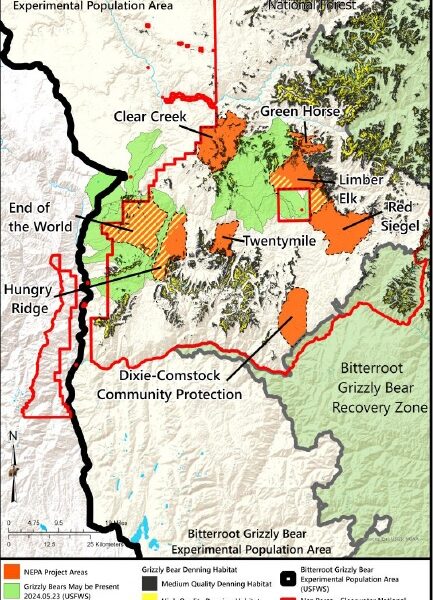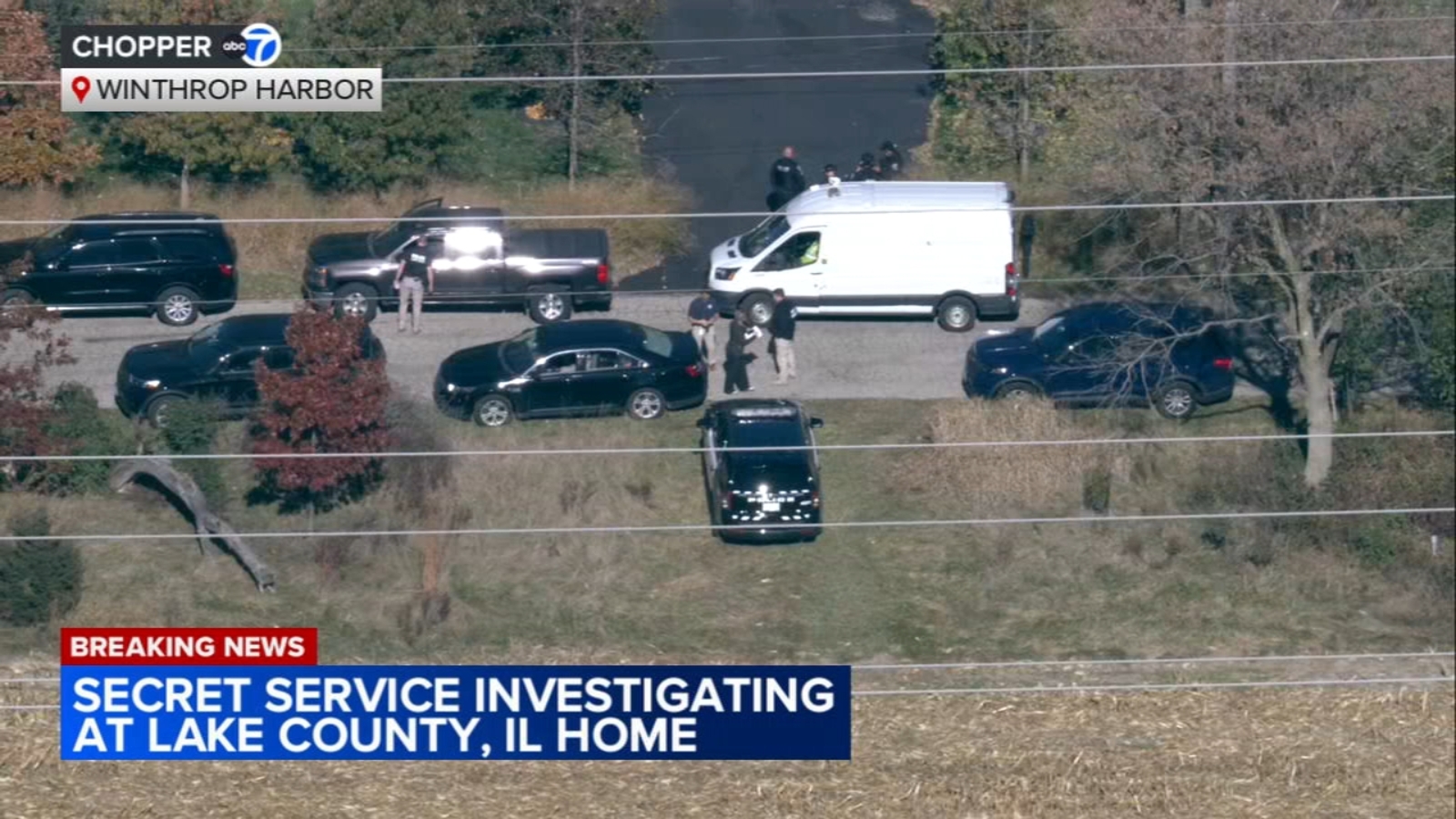UPDATE: A local conservation group has just filed a lawsuit seeking to stop federal timber sales in north central Idaho, claiming they will devastate vital grizzly bear habitats and ancient forests. The Moscow-based Friends of the Clearwater initiated the legal action in Idaho District Court on October 3, targeting six new and two ongoing timber projects within the Nez Perce-Clearwater National Forest.
This urgent lawsuit contends that the timber projects violate several federal laws, including the National Environmental Policy Act and the Endangered Species Act, which are designed to protect wildlife habitats and ecosystems. “Logging proponents and the Trump administration believe private profits are more important than the public interest in wildlife habitat,” said Jeff Juel, policy director for Friends of the Clearwater, highlighting the emotional stakes involved.
The group claims that the projects—named Clear Creek, Green Horse, Red Siegel, Limber Elk, Twentymile, Dixie-Comastock, Hungry Ridge, and End of the World—will lead to extensive clearcuts, with some exceeding 200 acres and one nearing 800 acres. They estimate that over 80 miles of new roads would be constructed, further fragmenting crucial habitats for the threatened grizzly bear.
In total, the conservation group argues that these projects will result in 25 square miles of cumulative clearcutting, raising serious concerns about the long-term ecological impact. “Together, these projects will disrupt and degrade wildlife habitat, including old growth forests that will not return for at least a century,” the group’s legal complaint states, emphasizing the stakes for grizzly bears, which are already struggling for survival.
The timber sales are set against a backdrop of increasing tensions between conservation efforts and economic interests. While the Forest Service argues that projects like the End of the World and Hungry Ridge are essential for thinning overgrown forests and reducing wildfire risks, critics claim they are prioritizing profits over preservation. For instance, the End of the World project is projected to yield an estimated 144 million board feet of timber, while Hungry Ridge would produce 177 million board feet.
Forest Service documentation indicates that the logging efforts are designed to support local mills, with a University of Idaho study suggesting that 30 jobs are created for every 1 million board feet of timber harvested. However, this economic justification is being challenged by environmental advocates who argue that the long-term damage to ecosystems far outweighs short-term job creation.
The U.S. Forest Service has remained silent on the lawsuit, referring inquiries to the U.S. Department of Justice, which stated, “It is our practice not to comment on issues in litigation.” This lack of transparency amplifies concerns for those invested in the conservation of Idaho’s fragile ecosystems.
As this legal battle unfolds, all eyes are on the Idaho District Court to see if the lawsuit will succeed in halting the timber sales. The implications are significant—not just for grizzly bears, but for the ecological integrity of these ancient forests.
Stay tuned for further updates as this developing story progresses. The stakes are high, and the outcome could reshape conservation efforts in the region.







